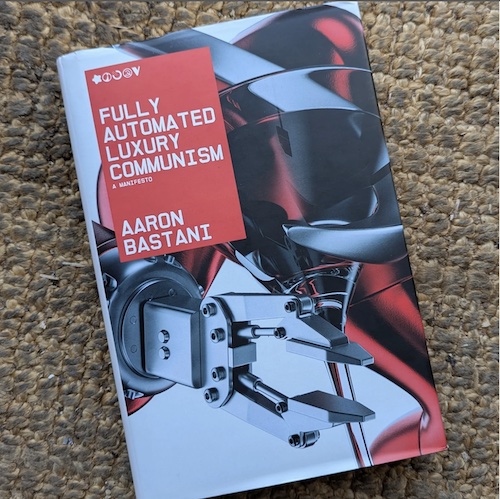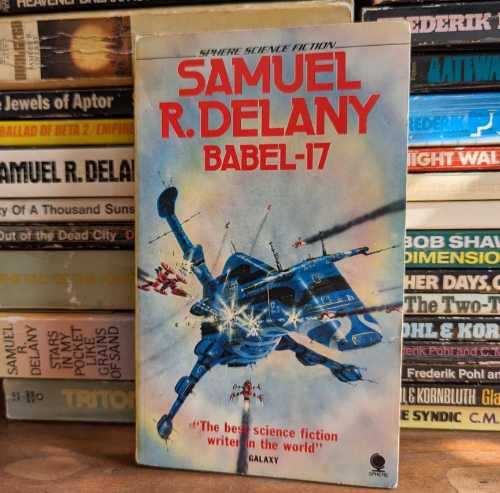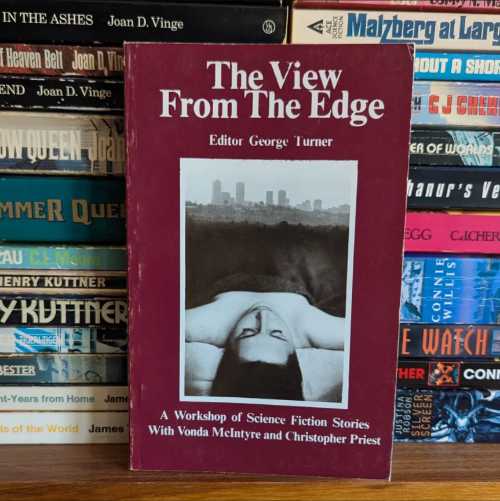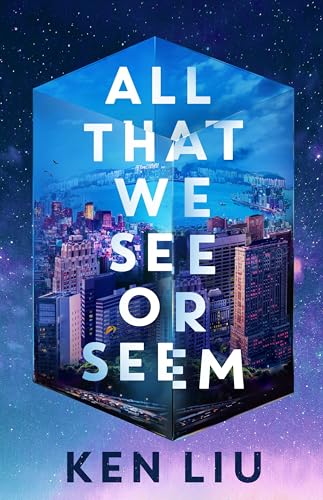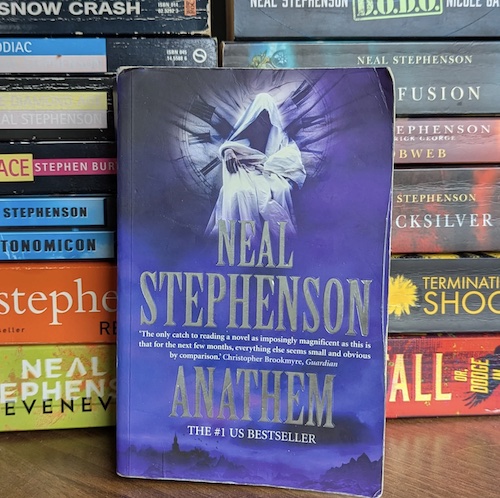“The goal of the future is full unemployment, so we can play.” Arthur C. Clarke
Bastini explores a post-scarcity world, starting strong with a history of technological revolutions. He calls out the 2008 financial crisis as a turning point for capitalism, presaging a decline in productivity, economic growth, and flatlining wages. Capitalism isn’t working any more, but the existential challenge of modernity is capitalist realism - that people can no longer imagine any other system.
The driver for societal change will be disruption at an industrial revolution scale. General purpose technologies are the harbingers - animal domestication unlocked agriculture at scale, the steam engine disrupted physical labour, and transistors did the same for cognitive labour. Now we face the AI and robotics era, taking these even further and doing the same for intelligence. Labour as we know it will disappear. When capital investments replace labour, we rapidly move into a post-scarcity economy with few limitations to growth.
The book then moves into a flabby middle where it trots out headline-grabbing technologies - green energy, astroid mining, genetic engineering, and artificial food. Yes, all these technologies would deliver post-scarcity in their domain, but the timescales for realisation are all over the place. The tight start with the feeling of an imminent industrial revolution is diluted by this bucket list of speculative tech.
The final third is a political rant. His cultural solution to navigating the change is a shopping list of socialist policies from nationalisation to worker co-operatives. It only weakly ties to the future laid out at the start and doesn’t adequately explore the core question of what the seismic change to society and culture could look like. He wraps up by making the point that the technological change sets the fertile conditions upon which communism might finally be realised and flourish. It’s an interesting observation, but by this point I’d disengaged with the book as it zagged away from futurism into a political polemic.
